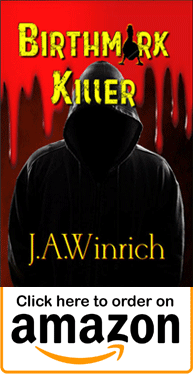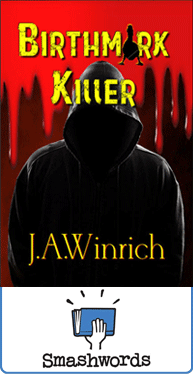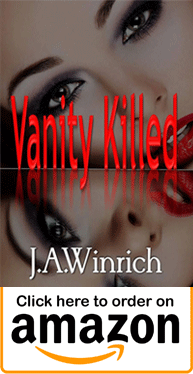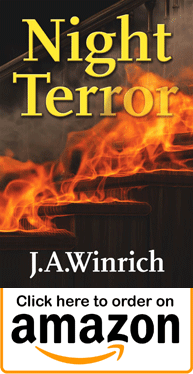Went to a speaker meeting on Monday and listened to a talk about publishing options.
But first, last clichés:
Stand my Ground—To refuse to give in; to hold your position. This comes from the military (from about 1700) it was used referring to holding one’s position. Figuratively it was used from the early 19th century on. See J. S. Mill, On Liberty (1859).
Not a done deal—Done deal refers to a final decision or compact, or an irreversible agreement. This new synonym for the long-used fait accompli dates only from the late 1970s. “Done thing” surfaced about 1700 and Dickens used it in A Christmas Carol, 1843. And done deal is often used in the negative.
No Sweat—No extra effort will be required (to accomplish what you ask), No trouble. This has been around since about 1930, maybe earlier. Several lexicographers (incl. Eric Partridge) to the contrary, is nearly always used in the sense of the perspiration that might result from overexertion. Closely related to “No Problem”, but does not mean “okay” or “You’re welcome” as “No Problem” does.
So, let me know how many you found?
If you want to stay ahead of the pack, you must keep learning your craft and the business of writing. How does one do that? One way is to go to listen to other writers. The writing group I belong to has a speaker at our local library once a month on the first Monday of the month.
This month was Lynn Wiese Sneyd from LWS Literary Services www.lwsliteraryservices.com. Her talk this month was about Publishing Options.
She gave a down to earth talk from the traditional publishing to self-publishing options. The main things she covered were: Questions to Ask Yourself, Questions to ask a Publisher, and Types of Publishers. She gave us a handout so we would not draw a blank at the end of her talk.
What should we ask ourselves? Who is going to read my book? How am I going to market it? And How soon do I need a book?
What should we ask a publisher? How long will it take for my book to be published once I submit a completed manuscript? Will it cost me anything to have my book published? What will my royalties be? What editing, bok design, and marketing services are provided? And What distribution channels are available?
Types of Publishers: 1. Traditional Publishing—There are 5 big publishing houses and you need an agent for these. Then there are small houses, and university presses. 2. Self-publishing. 3. Print-on-Demand (POD) – such as Wheatmark, Morgan James (Travis Angry), Balboa Press (inspirational books), SheWrites, Book Baby. 4. Hybrid Publishing – such as CreateSpace, BookTrope, IngramSpark, Author Consortiums (Conquill Press), Publishizer, InkShares, PubLaunch, Unbound (UK). 5. Ebooks – Kindle Direct Program, Smashwords.
Each POD has different criteria and you need to study their websites.
Of course, she also told us we need a platform- who are your readers, and who are your contacts.
One thing she passed on to us was that if we are overwhelmed, you can always ask for help. One of the best forms is to get an intern. Some you pay for, some are for credits. You can call the universities, high school, junior colleges. Use them for setting up your websites, social media, and anything you might need. A great idea!
Go listen to other writers to obtain great ideas, not only for your writing, but for your business.
Until next time,
Keep Writing,
Julie



